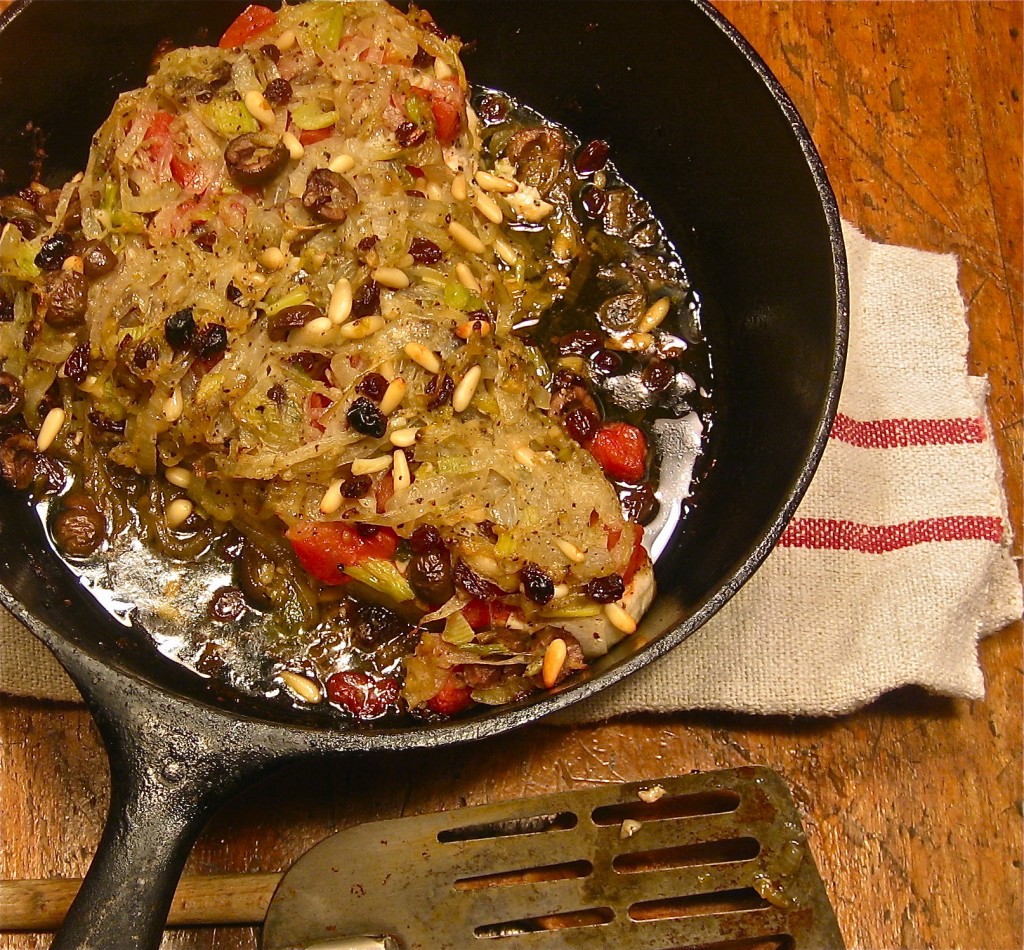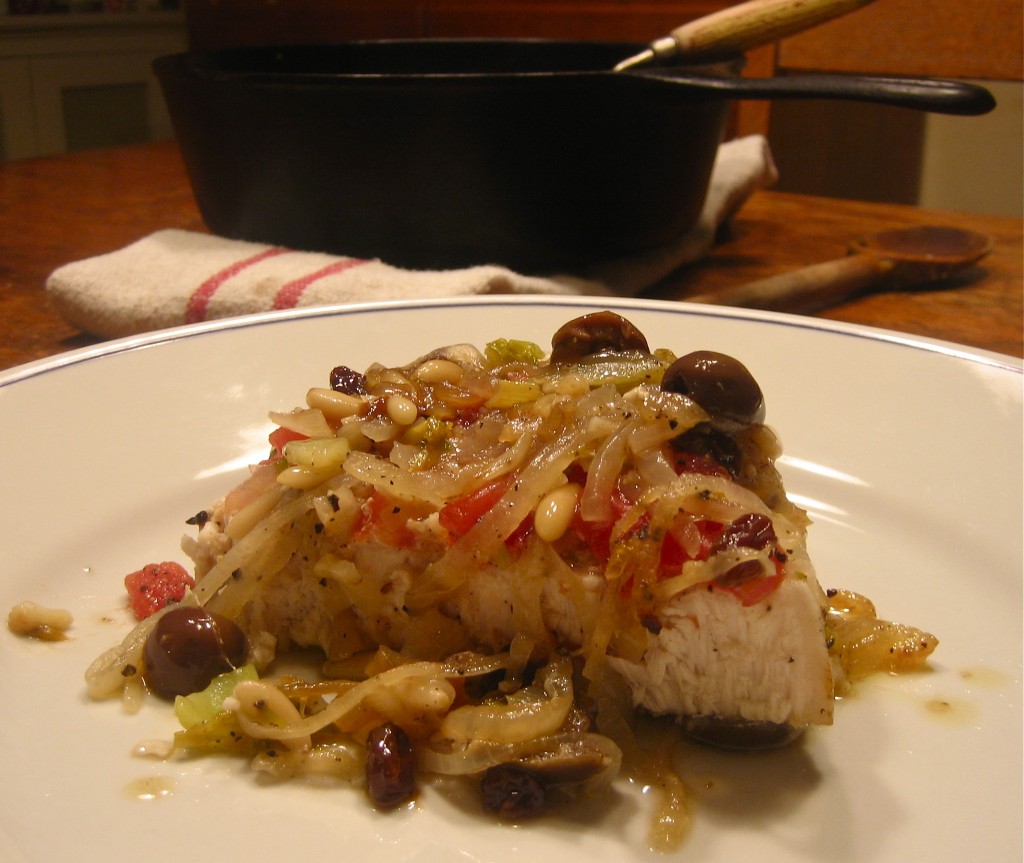Raising a child was the greatest decision of my life and even now when I look back on the last five years with Andrew, I can see how the times where he put me to the test can be transformed into a moving anecdote of childhood growing pains or fatherly devotion. However, looking back at a car wreck you survived and experiencing it in the moment are two very different things. The phrase “they don’t come with training manuals” is one I have heard hundreds of times as a principal listening to child-rearing struggles. It’s a lament really for how helpless you feel when trying to decide on the best course of action when your child is putting you to the test. Many parents who had weathered child rearing and survived to tell the tale often gave the same tongue-in-cheek advice that the two most important tools I had for raising a well-adjusted child and surviving were alcohol and and the threat of Hell. This advice always came with a sheepish laugh that led me to believe they were only partly joking.
Really, I can’t imagine any adult life without an occasional good bottle of wine and as a parent there have been numerous evenings after Andrew has gone to bed that I’ve said a little prayer for the grape. Although it’s probably more true that alcohol would be most effective given to a child prior to a confrontation or melt down in a sort of “spoon full of sugar” way, “Here honey, just one more sip of your martini and cleaning your room won’t seem so horrible at all. Don’t forget to eat all of your olives,” in most cases I think one should keep that tool as a parental salve for licking wounds after bedtime or when the kids are at grandma’s.
Now the concept of Hell, that’s different. Teaching a child to have a good healthy appreciation for damnation gives parents some really big guns for backing up the family rules. It’s the ultimate spanking, a kind of timeout for time and all eternity. Used judiciously, it can be extremely effective in behavior modification and best of all, the neighbors will never call Social Service on you! It turns out that Andrew beat me to the punch and gave me a preview of hell when I took him to church on our first weekend together.
The plan was to go to Mass and then walk over to the Santa Monica pier, eat lunch and maybe take in a ride or two. It was all going fine until we got inside the church and sat down. The squirming started at once and progressively got worse as the priest moved toward us as he led the procession towards the altar. All I could think of were an array of lines from the Exorcist and would have laughed, except by the time the priest intoned, “In the name of the Father, and of the Son, and of the Holy Spirit,” Andrew had scrunched down and contorted his body on the pew with his legs flying in the air and violently kicked the bench in front of us. We were out of the church before the Father could say Amen. When he did, I couldn’t help but think his “may it be so” was a grateful response to our scurrying out the door.
Although I was angry, more than anything I was saddened that my own need for spiritual renewal had been taken from me. I hadn’t expected Andrew to react like that and it threw me; I wasn’t sure how to proceed. More importantly, it forced me stop and think about what my motivation was for taking Andrew to church. It’s one thing to negotiate the good, bad, and ugly of organized religions for yourself as an adult, but how do you teach your child about it when you find it both staggeringly beautiful and at the same time incredibly problematic. As much as I liked the idea of built in “crime and punishment” for helping Andrew to make good choices, it really wasn’t my motivation.
The answers did not come right away, but even without a clear understanding of what I wanted from all of this, I continued to take him to church. I think Andrew could feel my own insecurities about bringing him up Catholic, and he would often press me for an answer as to why. Sometimes the questions arose out of anger. Having to go church and interrupt his personal agenda could ignite a flurry of questions, but more often than not, they would flow after hearing a story about church hypocrisy and exclusion as with the Prop 8 struggle in California. At other times, the questions came from something he heard in the Sunday reading or a tidbit from the homily that completely escaped my attention but touched on the intricacies of the human heart. Questions have also been raised when he’s been confronted with the destruction of natural disasters or on reflecting on our human capacity for empathy in response to them. Whether from the shadows of our collective broken souls or the light of humanity at its best, his questions have confounded me and uplifted me in ways my own musings haven’t for years.
These discussions have produced some of my most profound moments with Andrew and it was after a particularly heated discussion that I finally saw the light.
“You know dad, religion is just man’s attempt at trying to make meaning out of the universe. I don’t know if I believe any of it. I think I believe in God. I mean, you only have to look around and see that things exist to wonder about, but I don’t know if I want to be Catholic.” I suddenly knew what it was that I so desperately desired for my son.
“Andrew, you are absolutely right. Religion is man’s struggle to make meaning out of life. That’s why I can still go to a church even though I have so many disagreements with it. It’s not about church. It’s not even about God, really. It’s about us. It’s about struggling with the very idea of our existence and coming to terms with it.”
I sat for a moment trying to decide how far I wanted to take this.
“I struggle daily with whether I believe or not. I struggle daily with whether I want to be Catholic. There is a lot wrong with religion. Many of the world’s biggest problems have come about because of how man deals with religion. But, religion has also given us some of the most profound philosophical thoughts on the meaning of life, on our very existence. It has given us metaphors and symbols that have the power to transform a broken heart into a Saint. In many ways, it was my struggle with religion and God that made it possible for you to be my son.”
“The truth is, Andrew, I take you to church with me because we’re a family, not because I want you to be Catholic. I don’t really care what you decide to believe. It’s really not important to me what religion you choose or if you even choose one at all. What I want for you is that you look at the world with awe and wonder. I want you to see the miracles all around you. I want you to be stunned by the audacity of a morning sunrise. I want you to stare up at the night sky and be confounded by the impossibility of eternity and then I want you to ask, “Why?” I want you to struggle and wrestle with that question and keep asking it until you find the answers for yourself. Everybody chooses their own path: some after deep thought and contemplation, others by not thinking at all.
Andrew was silent, and he didn’t need to say anything. I could see he was thinking. I realized that I had no need to worry. His journey has begun.
_________________________________________________________________
Swordfish Baked with Pine Nuts and Raisins
The Lenten season is here and with it our family tradition of giving up meat and wading into the pescatarian waters. This has become my favorite holiday season and the one where the work I do in the kitchen really reflects a holiday change. The two big celebrations of pre-Lenten festivities come from an earlier and stricter time in Catholic history. Fat Tuesday, which comes from the more Latin and Southern European countries, gets its name from the practice of eliminating meat and animal fats from the diet for 40 days and is celebrated with a big meaty feast and washed down with lots of alcohol. Shrove Tuesday was the English-speaking countries “Carnival Light” version of the holiday and is celebrated with a pancake feast to empty the cupboards of sugar, eggs, and fats. It was Andrew’s idea to give up meat, and I have embraced it as an opportunity to reflect on what we put into our bodies. Over the course of the next 40 days, I will be posting vegetarian and fish recipes. These dishes will reflect a leaner approach to the kitchen that is welcome after the madness of all the earlier holiday seasons.
This swordfish dish is a typical Southern Italian approach to fish with raisins and pine nuts. It is based on a recipe from Cucina del Mare by Evan Kleiman, one of my go-to books for Lenten fish dishes. When swordfish is hard to get or not from a sustainable source, you can easily use tuna or mahi mahi. Andrew loves this dish and so do I. It also can be done quickly on a busy weeknight. Serve it with rice, salad, and some good crusty bread.
1 big yellow onion or 2 smaller ones, thinly sliced
3 small inner celery stalks with leaves
¼ cup olive oil
3 or 4 garlic cloves, minced
¼ cup raisins or currants Note: if using currants or the raisins and they are dry, soak them in hot water for 20 minutes and then drain them.
2 T pine nuts
10 green olives, pitted and cut in half
Salt and freshly ground black pepper to taste
1-½ to 2 pounds swordfish, cut into steaks
2 ripe tomatoes, sliced or 1 can diced tomatoes
Preheat the oven to 400 degrees. In a sauté pan, cook the onion and celery in the olive oil over moderate heat until very soft and just starting to brown. Add the garlic and cook for 1 minute longer. If you want to up the presentation, transfer the onion mixture to a bowl, let it cool a bit, and then add the drained currants, pine nuts, and olives to the cooled onions, and season with salt and pepper. Alternatively, turn off the heat in the pan, let the onions cool slightly and continue as above.
Season the swordfish steaks with salt and pepper and lay them side by side in the sauté pan or place in an oiled oven-to-table baking dish. Arrange the sliced tomatoes in an overlapping pattern over the steaks or cover with the diced tomatoes. Spread the onion mixture over the tomato-topped swordfish. Cover with aluminum foil and bake for 15 minutes. Remove the foil and bake for an additional 10 minutes, or until the top layer of onions is a deep golden brown.
Serves 4
Provecho!

